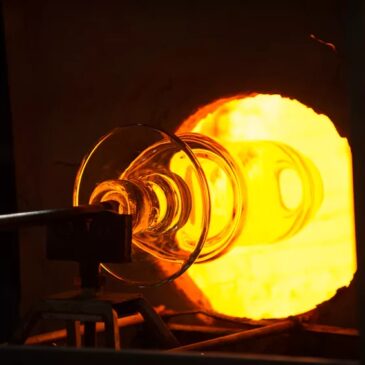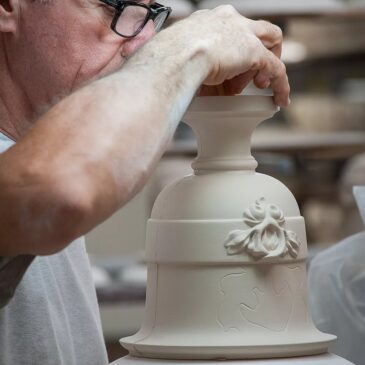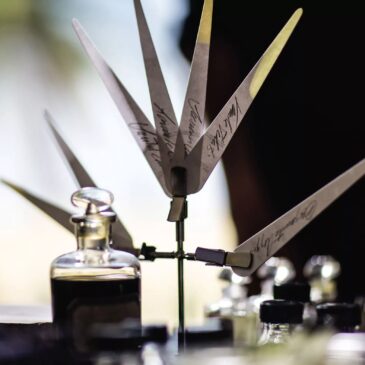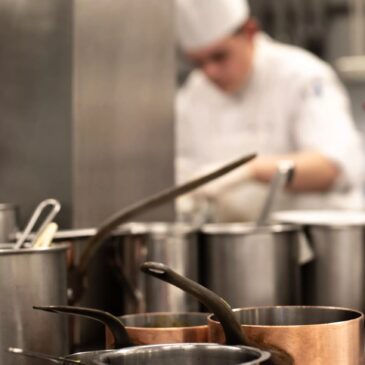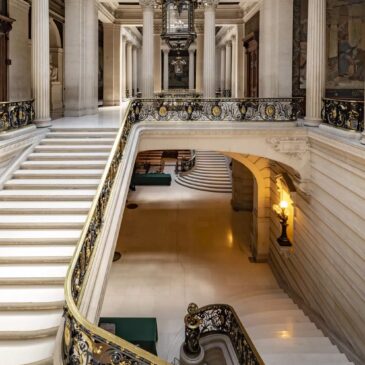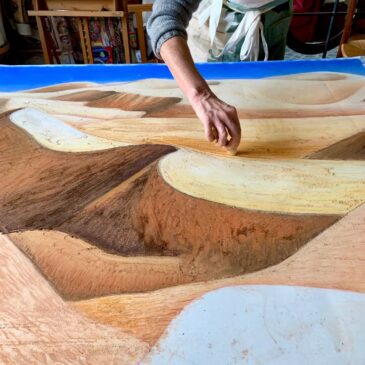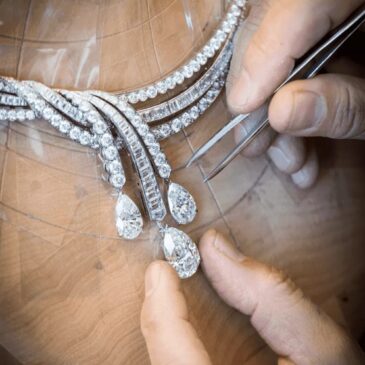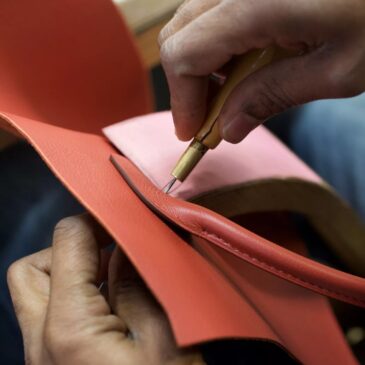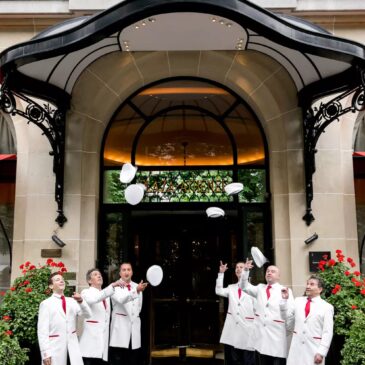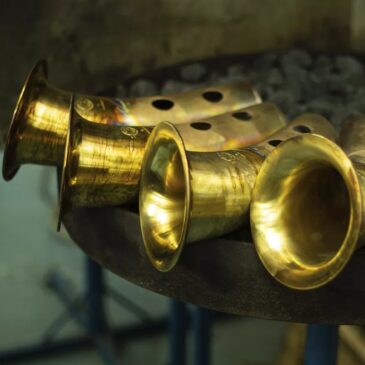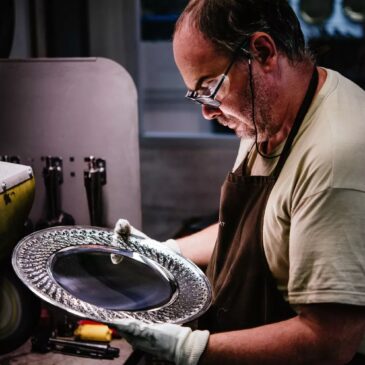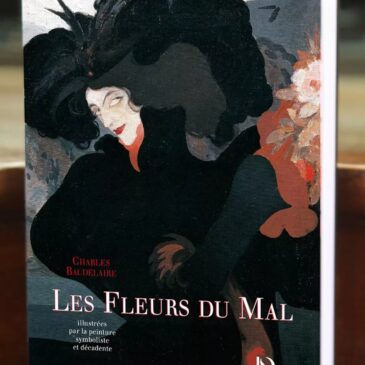Wine
and Spirits
Thanks to its geological and climatic characteristics, France is able to produce dozens of wines, champagnes and spirits whose reputation dates back to the Middle Ages.
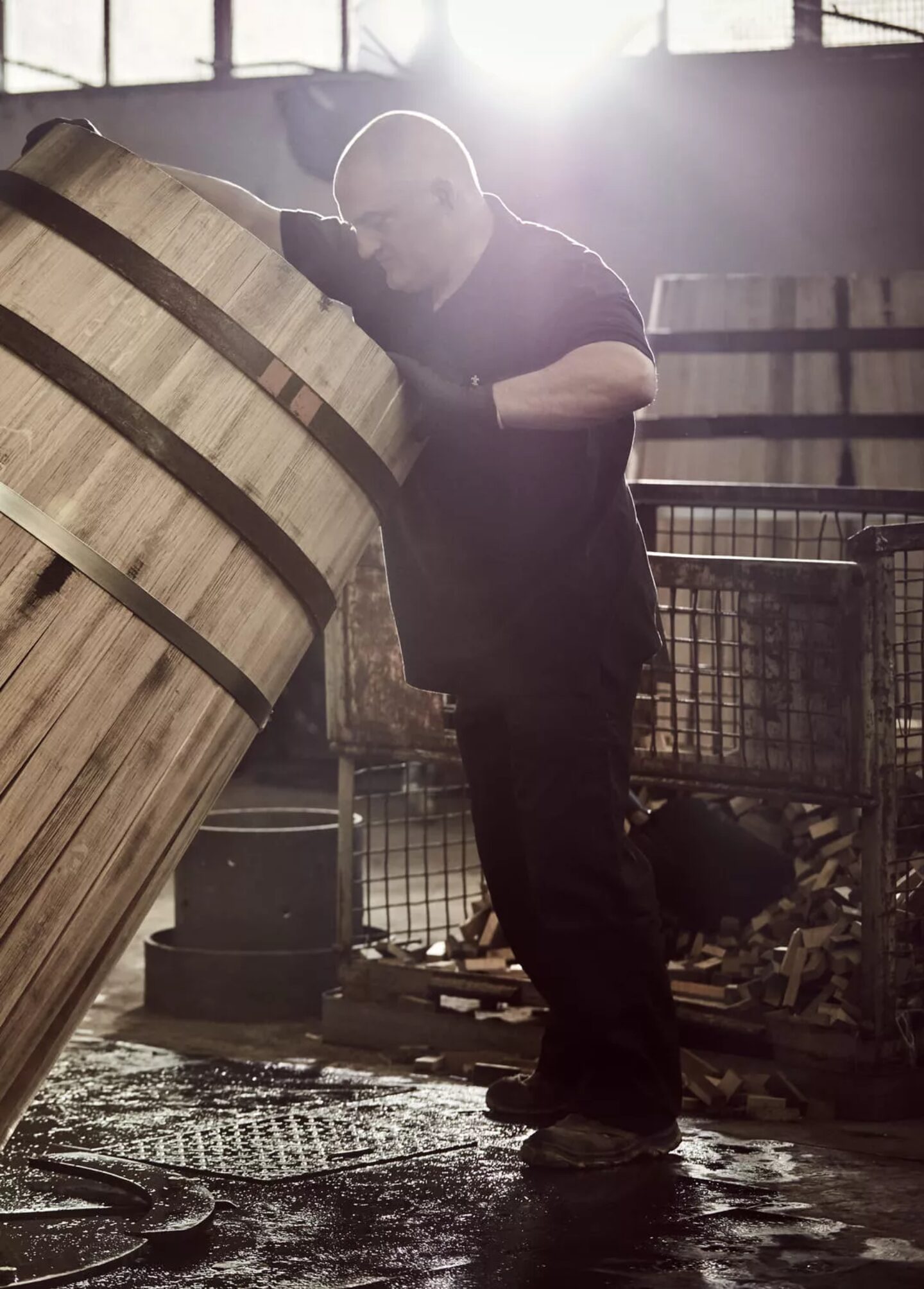
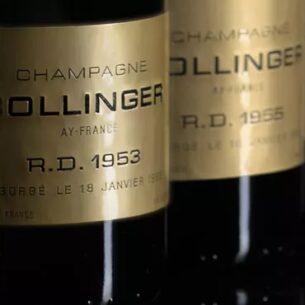
Champagne Bollinger 1829
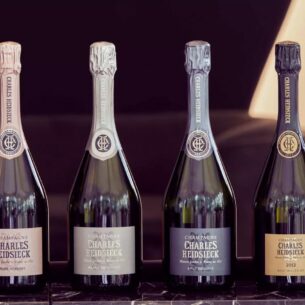
Champagne Charles Heidsieck 1851
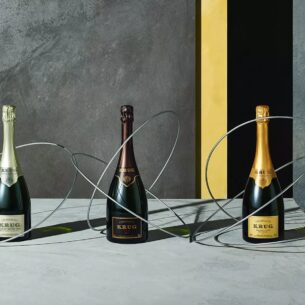
Champagne Krug 1843
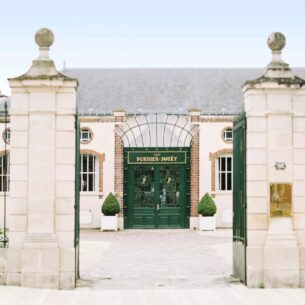
Champagne Perrier-Jouët 1811
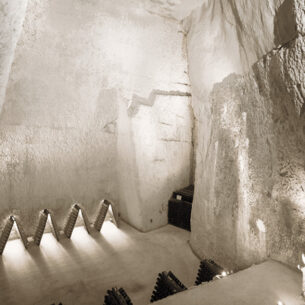
Champagne Ruinart 1729
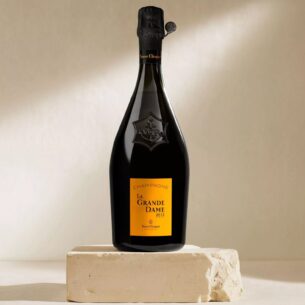
Champagne Veuve Clicquot Ponsardin 1772
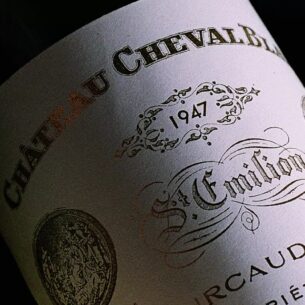
Château Cheval Blanc 1832
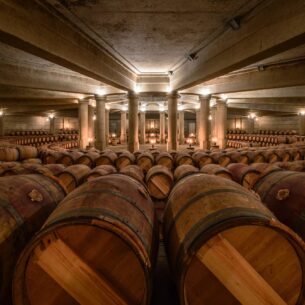
Château Lafite Rothschild 1855
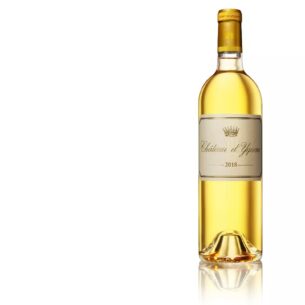
Château d’Yquem 1593
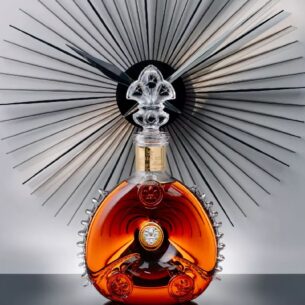
Cognac Rémy Martin 1724
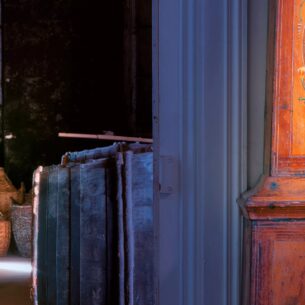
Delamain 1824
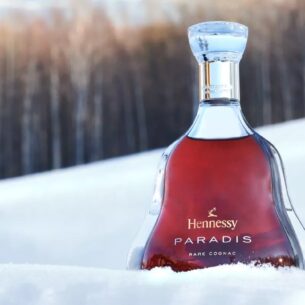
Hennessy 1765
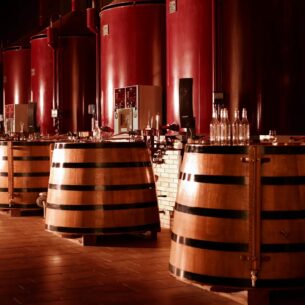
Martell 1715
Wine and worship
With the arrival of the Romans, wine growing increased throughout all of Gaul. In the 1st century, vineyards spread throughout the Rhone valley, appearing in Burgundy and Bordeaux in the 2nd century, reaching the Loire valley in the 3rd century, and Champagne and the Moselle valley in the 4th century. Subsequently, with the Christian religion gaining popularity in the Roman Empire, vineyards were planted right to France’s northern borders. Christianity was thus an important factor in the increase in the number of vineyards and wine production in France.
In 816, the Council of Aachen encouraged episcopal and monastic viticulture. Wine, essential for Holy Communion, was also a currency, a source of economic strength, and a way to honour distinguished guests.
In the Middle Ages, wine was all the more appreciated by the kings of France because the water was polluted and drinking it was not recommended. Wine not only made it possible to avoid disease, but was also renowned for its healing properties. In the early 18th century, numerous vineyards were ripped up and replaced with wheat because France was in a state of famine. By restoring the freedom of cultivation and dividing up the Church’s assets to share them among the people, the Revolution wreaked havoc on the French wine-growing landscape. Almost a century later, in 1864, phylloxera ruined the vines and once again changed the geography.
Soon, Louis Pasteur’s research made it possible to better control the problems related to alcohol fermentation, marking the launch of modern oenology. The industrial revolution, through the development of transport, definitively established the reputation of French wines abroad.
